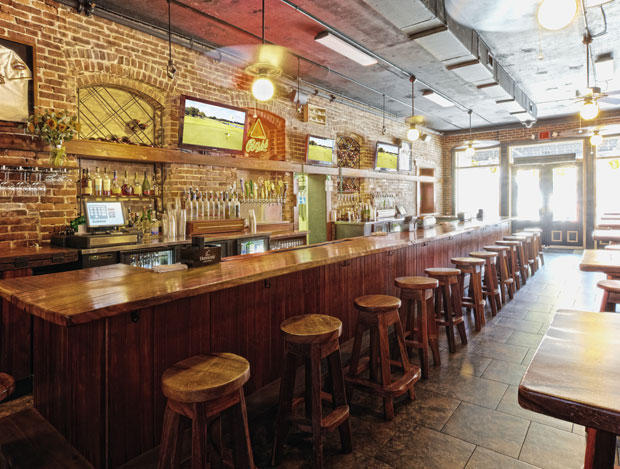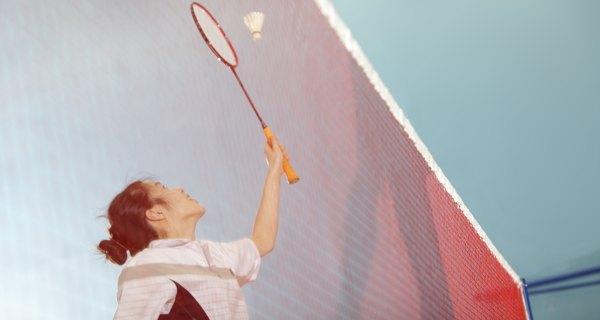1. Insist on ordering first. Photograph by Jack Hollingsworth/Getty Images
Photograph by Jack Hollingsworth/Getty Images
Chances are, if your friend's order sounds better than yours (a bacon burger trumps steamed salmon every time), you're going to rethink your dinner. To sidestep temptation, place your order first. If you can't order first, then make your decision, close the menu, and repeat your selection to yourself to help you stick to it.
2. Ask that the tunes be turned down.
A study from Cornell University's food lab found that people eating in an environment with dim lighting and soft music consumed 200 fewer calories—or roughly 18% less food—than those who ate in a loud, brightly lit room. Ask the waiter to turn down the music; your waistline—and your hearing—will thank you.
3. Bypass the bar.
Or at least until your dinner's arrived. Researchers from the University of Sussex found that drinking booze just before a meal boosts short-term appetite and food consumption, temporarily impairing your body's ability to feel full (and making that 3rd roll seem like such a good idea).
4. Don't watch the game while eating. Photograph by Spaces Images/Getty Images
Photograph by Spaces Images/Getty Images
Watching TV distracts people while dining, which can lead to a bump in the amount of food you consume, finds a University of Minnesota study.
5. Button up.
German researchers found that lowering the temperature of a dining room by 10 degrees boosted food consumption nearly 20%. Apparently when the temperature drops, the hormones that control your appetite take a while to kick in. So if you're headed out, bring a sweater.
6. Shield your eyes.
Sure, you might feel a little silly wearing sunglasses inside, but bright colors such as red and orange excite your senses and may boost the amount of food you eat by 25% or more, according to a Boston University study. And hey, other diners just might mistake you for a celebrity.




